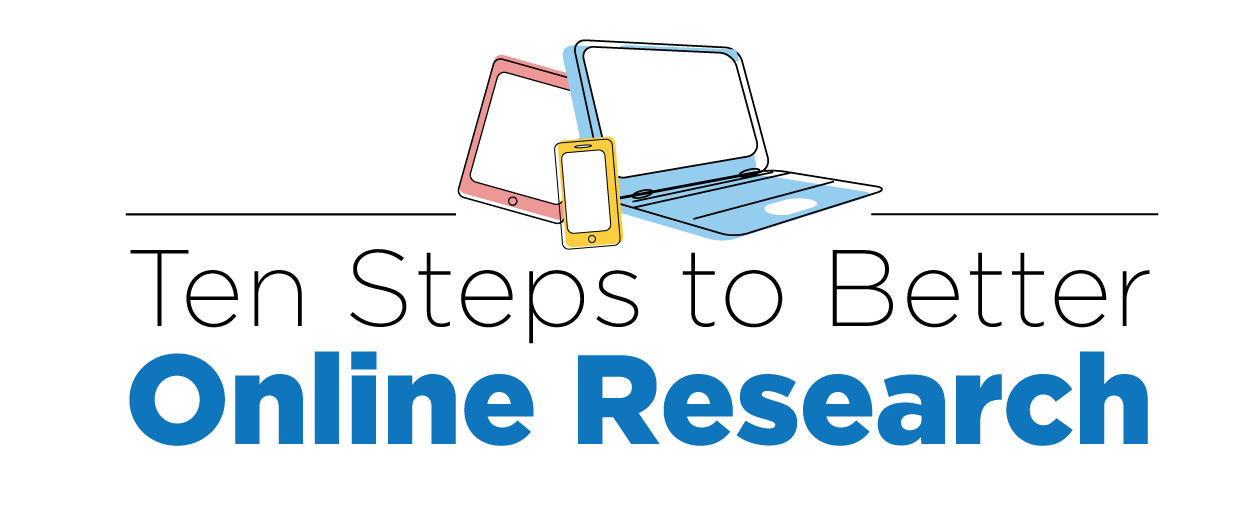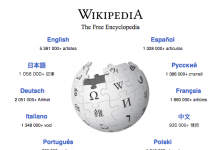Sometime in the mid-1990s, someone created a tutorial that said that an important aspect of evaluating a Web site is its top-level domain, such as “.com,” “.edu,” “.org” or “.gov.”
This canard permeates virtually all Web tutorials to this day, and generally says that a Web site run by a government agency (.gov), school (.edu) or “organization” (.org) could be trusted, while a commercial site, or “.com,” is suspect (one might imagine that all domains that fall under one of the many new top-level domains, such as .co, .biz, .TV, etc. are also deemed suspect).
Teaching this does far more harm than good.
First of all, it’s simplistic – do we really want to teach students that anything a government publishes can be trusted? Likewise, do we want to cast suspicion on MayoClinic.com or NYTimes.com?
While students should be taught how to decipher a Web address, the mere fact that something is published on a Web site with a .gov or .edu is accorded far too much weight in evaluating its accuracy.
When we compiled the index of sites for SweetSearch, we reviewed lists of “.gov,” “.edu” and “.org” Web sites.
- Most of the “.gov” sites had a level of editorial oversight warranting their blanket inclusion in the index.
- But the presence of a sea of unaccredited schools and pages created by students meant that we handpick the minority of “.edu” sites that we deemed to be authoritative.
- We also learned that long gone are the days when “.org” meant a site was run by a well-intentioned not-for-profit organization; indeed, the .org index is now spammier than any other.
Further, students may not process much beyond the simplistic point. Debra Gottsleben, a librarian at Morristown (NJ) High School, tells of presenting a demo of the school’s powerful databases. Minutes later, she found a student consulting Wikipedia instead. Asked to explain, he said “those databases are .coms, and Wikipedia is a .org, and my teacher says we can’t trust .coms.”
More importantly, an indispensable aspect to determining the accuracy of information is objectivity, which is often lacking in websites across all domains. In our presentations on teaching Web research skills, we teach, among other things, that the first questions a student should ask when evaluating a Web site are “Who?” “Why?” and “When?”
When a student instead first asks “what’s the top level domain?,” it dilutes his analysis of who, why and when.
Thus, it is essential to evaluate all indicia of credibility of a Web site, whatever letters its address ends in.









